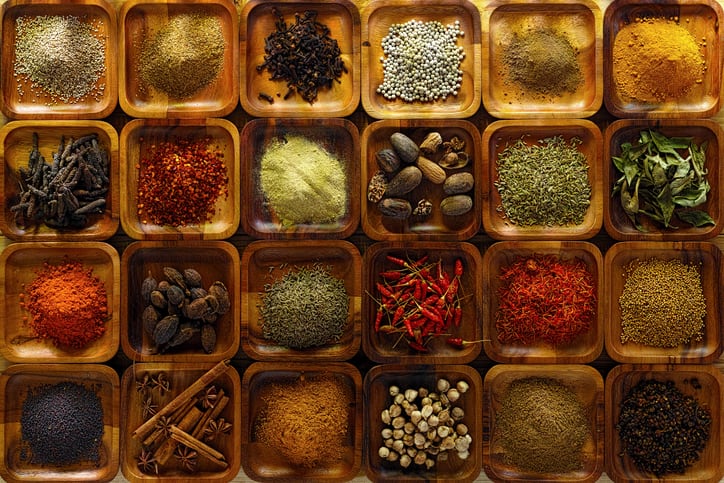It is understood that balanced nutrition favouring immune response is ‘essential’ to preventing and managing viral infections. At the same time, obesity – in which diet plays a major role – is associated with higher mortality rate in patients with the novel coronavirus, COVID-19.
But is there a relationship between habitual intake of certain food groups and the intensity of COVID-19 symptoms? Researchers in Mexico have sought to find out.
Examining diet and COVID-19 symptom severity
A total of 236 patients who attended an outpatient clinic for COVID-19 between October 2020 and January 2021 in Mexico City participated in a new study published in BMJ Nutrition, Prevention & Health.
Information on dietary intake was collected via a habitual Food Frequency Questionnaire over a period of three months. The questionnaire divided food groups into categories, including milk and milk products; fruit; vegetables; animal products; legumes; grains, bread and cereals; corn-based products; beverages; fats and oil; and hot peppers and sauce.
Participants were also asked to provide information about their COVID-19 symptom severity via self-rating scale of 11 symptoms, including fever; cough; cold chills; body pain; fatigue; difficulty of breathing; headache; sore throat; loss of taste; nausea; and diarrhoea.
‘Significant’ correlations identified
Findings suggested ‘significant’ correlations between severity of symptoms and habitual food intake among outpatients with COVID-19.
Notably, reduced coronavirus symptom severity was associated with increased habitual intake of categories milk and milk products; legumes; grains, bread and cereals; and fat and oils.
The strongest correlation was obtained for legumes. “These results suggest that long-term habitual intake of legumes, and grains, bread and cereals food groups can be beneficial in protecting adults against the symptoms of SARS-CoV-2 infection,” noted the study authors.
“Interestingly, reliance on other food groups such as fruit and vegetables, which are frequently suggested as beneficial during COVID-19, did not appear to have a statistically significant impact on the severity of symptoms in the positive population.”
Vaccination x diet
Professor Elihud Salazar-Robles, lead author of the paper, reiterated the importance of diet management amid the coronavirus pandemic.
“The importance of diet management for any disease is well known to the scientific community. So is is not surprising that taking certain food groups showed benefit for outpatients.”
Corresponding author Dr Claudia Lerma continued: “This study is only a start and the sample size is relatively small. However, even such a study shows how important the effect of diet can be.
“The study does not negate the essential attention to vaccination. Alternatively, it shows that how diet management can help vaccination to mitigate the burden of COVID-19. The outcomes of our study provide a base for considering diet for close contacts to COVID-19 patients and can be promoted for further explorations.”
Source:
BMJ Nutrition, Prevention & Health
‘Association between severity of COVID-19 symptoms and habitual food intake in adult outpatients’
Published online 29 December 2021
DOI: 10.1136/bmjnph-2021-000348
Authors, Salazar-Robles E, Kalantar-Zadeh K, Badillo H, et al.




